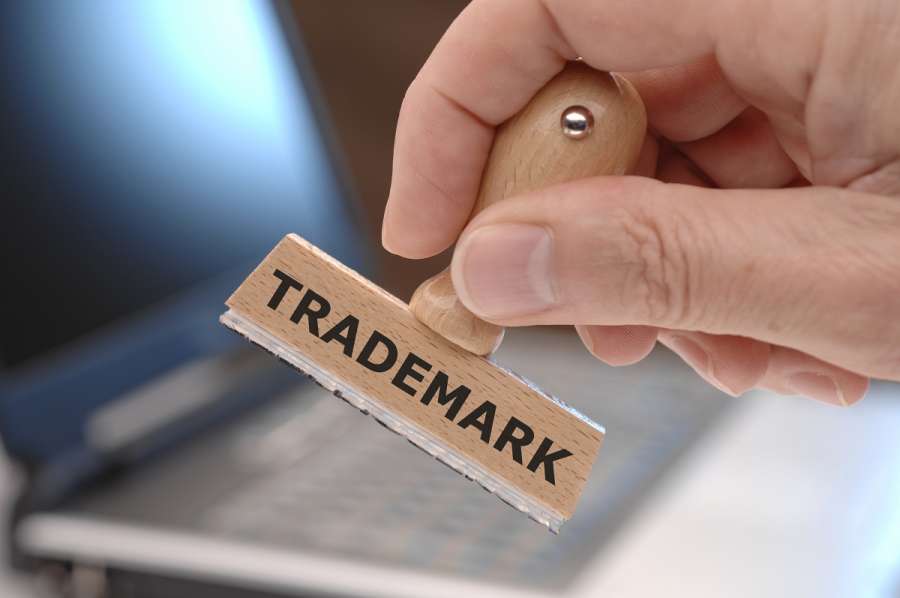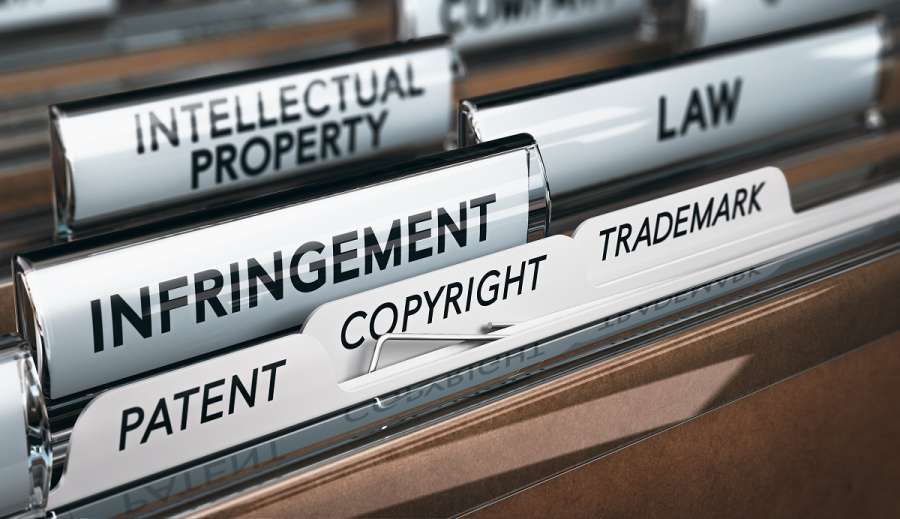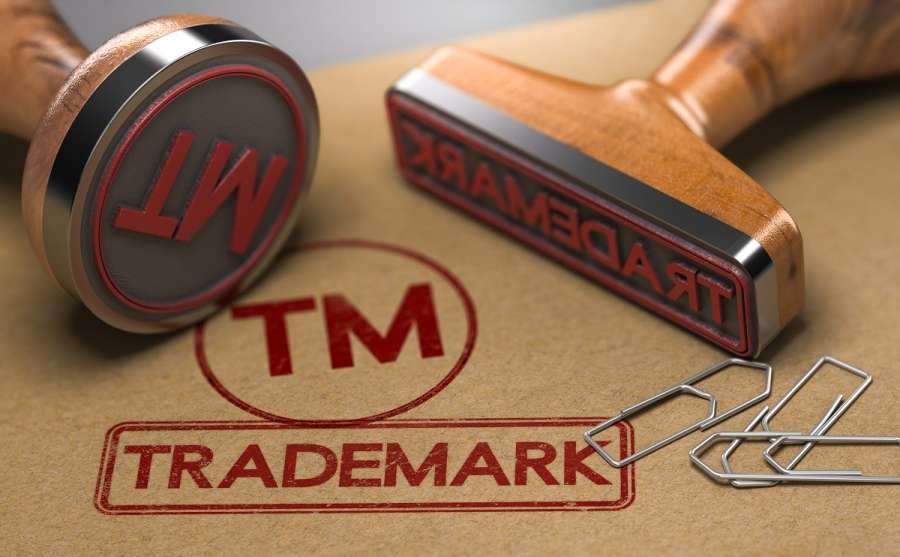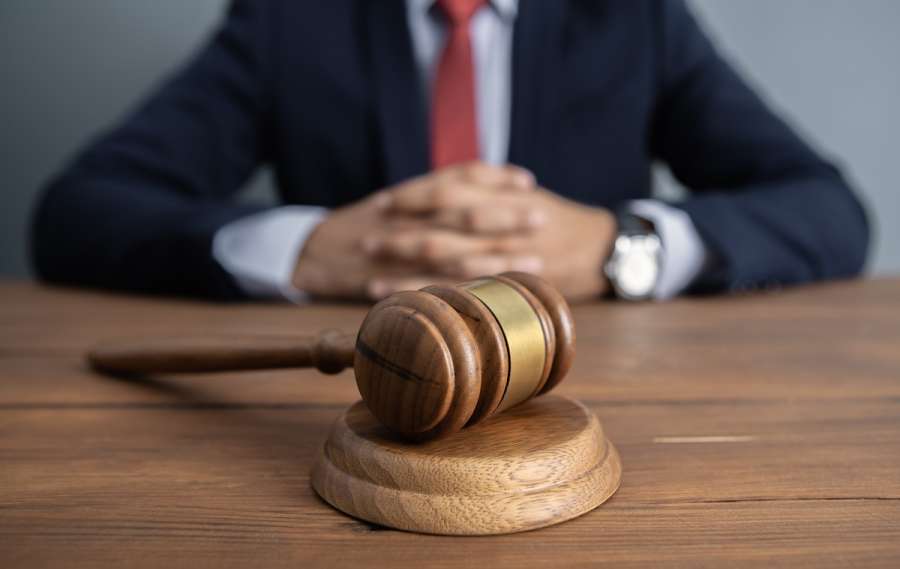After 7 years of litigation, in June 2023, Sky v SkyKick reached the Supreme Court, raising fundamental questions about the scope of trademark protection and the concept of "bad faith" trademark registration.
While we continue to wait for a judgment from the Supreme Court, our Dispute Resolution solicitors explore the potential implications of this case for businesses that rely on intellectual property protection.
The case started in 2016 when media and telecoms giant Sky held a registered trade mark for "SKY" across a broad spectrum of goods and services.
This trade mark encompassed everything from telecommunication services and set-top boxes to financial services and software.
However, their dominance was challenged when SkyKick, a US-based company offering cloud-based email migration and storage solutions, entered the scene.








